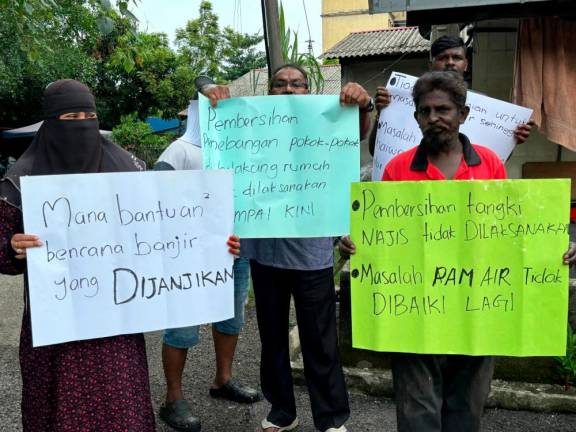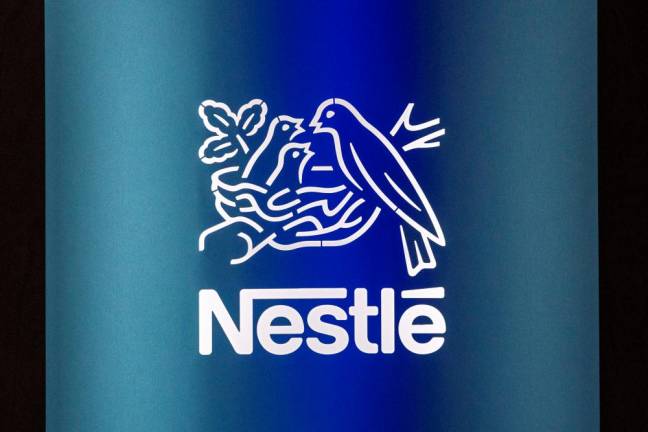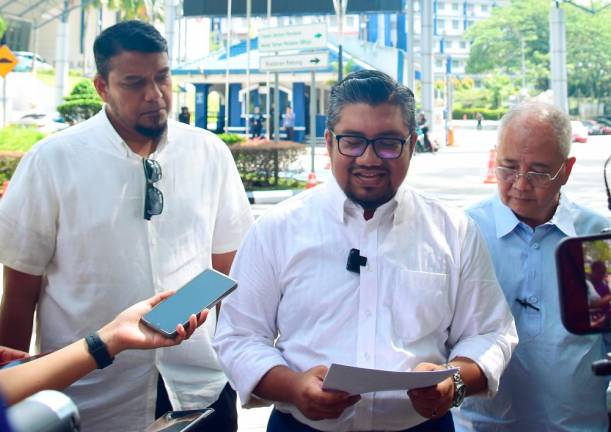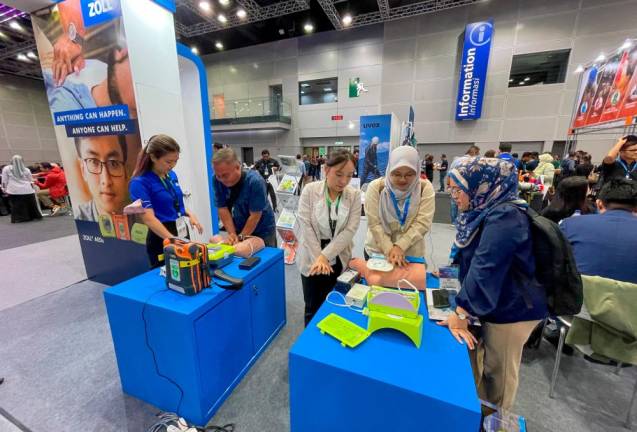KUALA LUMPUR: Police have not ruled out using Security Offences (Special Measures) Act 2012 (Sosma) to persecute those involved in the water pollution sabotage of Sungai Selangor.
Inspector-General of Police (IGP), Datuk Seri Abdul Hamid Bador said police will push for the harshest possible punishment for those found guilty of such an act.
“Those who are caught sabotaging any public infrastructure, can be persecuted under Sosma, and subjected to the harshest punishment. We won’t tolerate (such acts).
“This incident has affected four to five million people, so I won’t hesitate, I will treat this very seriously,“ he told reporters after attending the National Strategy for Financial Literacy 2019-2023 today.
Introduced in 2012, Sosma is “to provide for special measures relating to security offences for the purpose of maintaining public order and security, and for connected matters”.
Abdul Hamid pointed out that previously when the Internal Security Act (ISA) was still in place, similar cases of sabotage to essential services were treated as a serious crime.
“We are taking this very seriously. During ISA times, issues of sabotage on essential services can be persecuted under ISA. This is how important it is,“ said Abdul Hamid.
Investigations revealed the act had taken place on a Sunday, where the hose linking the oil tank to the engine of the pontoon excavator had been removed, causing 100 litres of Benzene diesel to spill into the Sungai Selangor river, said Selangor police chief Datuk Noor Azam Jamaludin.
The Sungai Selangor Phase 1, 2 and 3 and Rantau Panjang water treatment plants were temporarily shut down on Sunday following the pollution.
As a result, a total of 1,222 areas were hit by water cuts. They included parts of Kuala Lumpur, Petaling, Klang, Shah Alam, Kuala Selangor, Ulu Selangor, Gombak and Kuala Langat, with an estimated 1.2 million accounts affected.
Water supply to the affected areas was expected to be fully restored by today.
This was the second such incident in Selangor within three days.
On Saturday, the four water treatment plants were also similarly forced to shut down due to odour pollution at the raw water intake.











